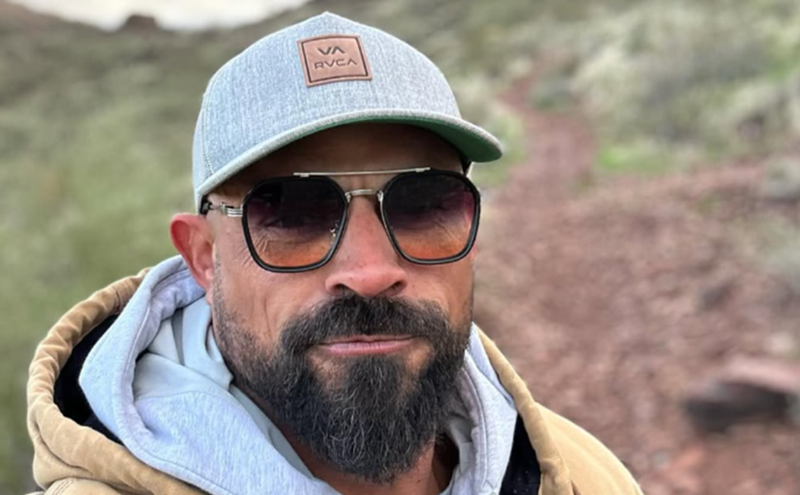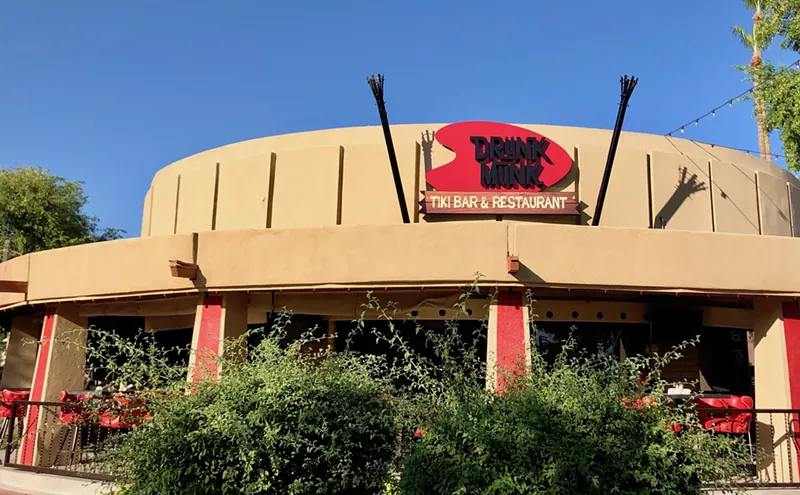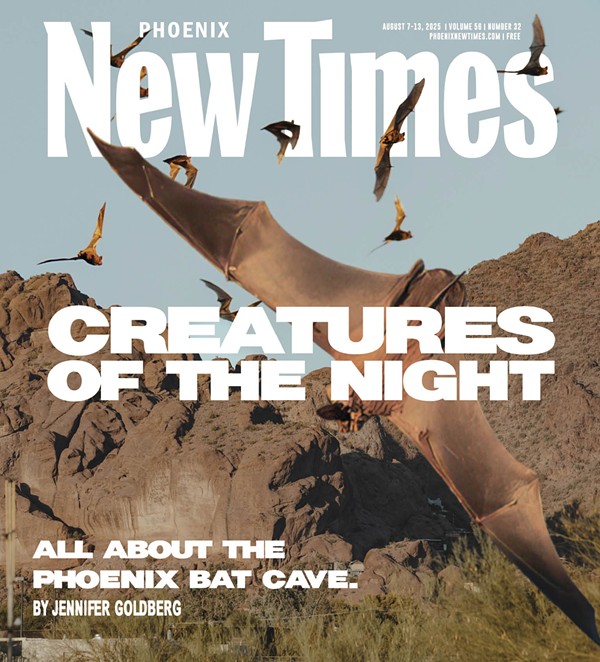In adapting for the screen the long, hard story of Colin Warner — a Trinidadian native who, as a Brooklyn teenager in 1980, was wrongfully convicted of murder and sent to prison for more than 20 years — Matt Ruskin’s Crown Heights moves along in a counterproductive hurry. Scenes rich with potential minutiae, ones that beg to be settled into, hustle past with a mere glance. The transition, for instance, from a prisoner who expresses his rage physically (the goading of a guard leads to an encounter and a bout of solitary confinement) to one who finds his center in books and classrooms is presented strictly at the montage level. We never get insight into the texts Warner (Lakeith Stanfield) is reading, the words exchanged in the classrooms or what plans he might have for putting his GED to use on the outside.
As a result, Stanfield is left with the tall task of maintaining a hold on his character, even as the movie becomes preoccupied with unhelpfully vague flashbacks or jarringly casual skips in chronology. (Periodic onscreen text tracks Warner’s prison time.) With his wiry frame and penetrating focus, Stanfield is often successful: Early on, Warner overhears nearby prisoners discussing the murder of which he’s been accused; when the scene cuts to the cafeteria, Stanfield performs a gesture so precise — dangling his spoon in the air like a string — that the character’s suddenly galvanized prospects for freedom are made palpable. Much later in the movie, as Warner loses all expectation of exoneration, Stanfield convincingly plays the young man's pained exhortations to be left alone — by his best friend, Carl “KC” King (ex-NFL cornerback Nnamdi Asomugha), and even by his wife, Antoinette (Natalie Paul) — not out of momentary desperation, but as the thought-out rationale of a wronged man striving for basic psychological survival.
These are vivid highlights, but most of Crown Heights, which is based on an episode of public radio's This American Life, suffers from structural confusion. There's a whole section of the movie in which secondary characters essentially tell William Robedee — a lawyer (played by Bill Camp) who's joined forces with King to strategize an effective appeal on Warner's behalf — stories in his living room. Over and over, witnesses to the original crime revisit their experiences for the two men, their impassioned words chopped up by half-realized flashbacks. Ruskin’s scattershot approach feels like a hedge, as though he’s worried that a simple conversation won’t be enough to solidify his narrative’s urgency without a hazy glimpse of a shooting or the quick slap of a gunshot. It comes as little surprise, in consulting the press notes, to discover that one of the movie’s most dramatically coherent scenes — a failed parole hearing — comes entirely from transcripts. No doubt thorough and important research informed the rest of Crown Heights, but the parole debate is maybe the only juncture at which Ruskin displays the poise and the clarity to be content with people talking, at length and uninterrupted.

Audio By Carbonatix
[
{
"name": "GPT - Billboard - Slot Inline - Content - Labeled - No Desktop",
"component": "21251496",
"insertPoint": "2",
"requiredCountToDisplay": "2"
},{
"name": "STN Player - Float - Mobile Only ",
"component": "21327862",
"insertPoint": "2",
"requiredCountToDisplay": "2"
},{
"name": "Editor Picks",
"component": "16759093",
"insertPoint": "4",
"requiredCountToDisplay": "1"
},{
"name": "Inline Links",
"component": "17980324",
"insertPoint": "8th",
"startingPoint": 8,
"requiredCountToDisplay": "7",
"maxInsertions": 25
},{
"name": "GPT - 2x Rectangles Desktop, Tower on Mobile - Labeled",
"component": "21934225",
"insertPoint": "8th",
"startingPoint": 8,
"requiredCountToDisplay": "7",
"maxInsertions": 25
},{
"name": "Inline Links",
"component": "17980324",
"insertPoint": "8th",
"startingPoint": 12,
"requiredCountToDisplay": "11",
"maxInsertions": 25
},{
"name": "GPT - Leaderboard to Tower - Slot Auto-select - Labeled",
"component": "17012245",
"insertPoint": "8th",
"startingPoint": 12,
"requiredCountToDisplay": "11",
"maxInsertions": 25
}
]








